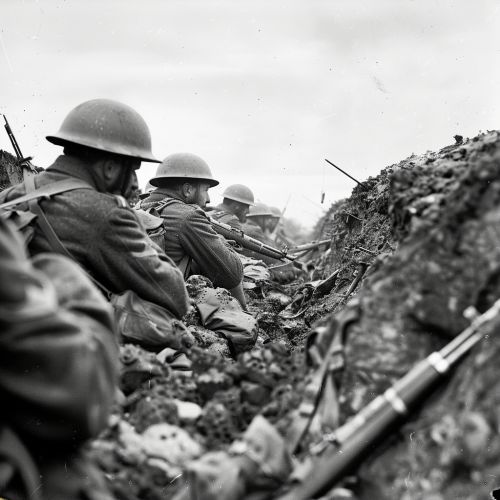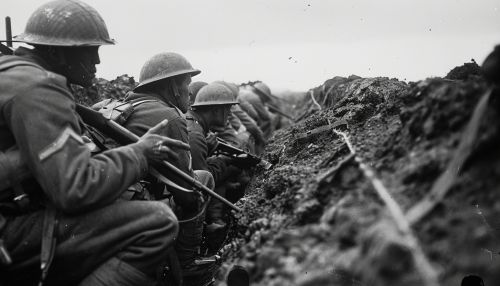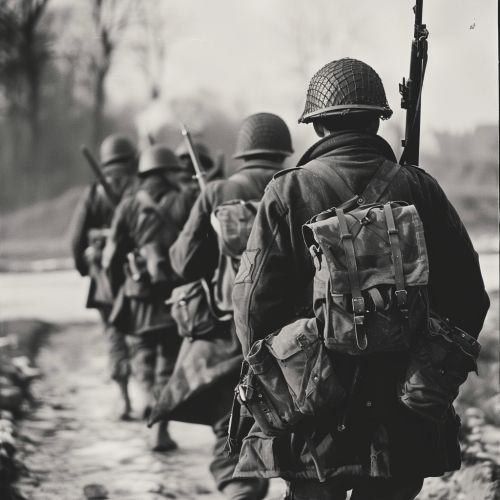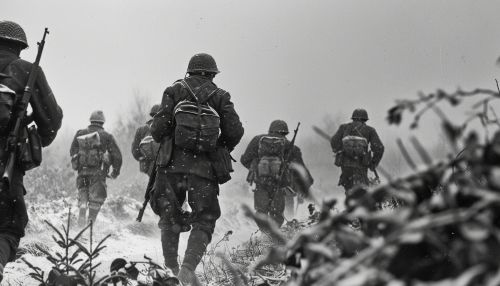World War
Origins
The roots of World War can be traced back to the complex web of alliances and treaties that were established among the European powers in the late 19th and early 20th centuries. These alliances, which were intended to maintain a balance of power, instead created a volatile situation where a single event could trigger a chain reaction leading to a large-scale conflict. The assassination of Archduke Franz Ferdinand of Austria-Hungary in June 1914 set off such a chain reaction, leading to the outbreak of World War I.


World War I
World War I, also known as the Great War, was a global conflict that took place primarily in Europe from 1914 to 1918. It involved many of the world's leading powers, which were divided into two opposing alliances: the Allies (primarily France, the United Kingdom, and Russia) and the Central Powers (primarily Germany, Austria-Hungary, and the Ottoman Empire). The war was characterized by trench warfare and the use of new technologies, such as machine guns, tanks, and chemical weapons. It resulted in the deaths of approximately 9 million combatants and 7 million civilians, making it one of the deadliest conflicts in human history.
Interwar Period
The end of World War I was marked by the signing of the Treaty of Versailles in 1919. The treaty imposed heavy penalties on Germany and was seen by many Germans as a humiliation. This, combined with the economic hardships of the Great Depression, contributed to the rise of extremist political movements in Germany, including the Nazi Party led by Adolf Hitler. In the East, the Russian Revolution of 1917 led to the establishment of a communist government and the creation of the Soviet Union.
World War II
World War II, which took place from 1939 to 1945, was a conflict that involved more than 30 countries and resulted in more than 50 million deaths, making it the deadliest conflict in human history. It began with the German invasion of Poland and subsequent declarations of war by Britain and France. The war saw the use of strategic bombing, the development of nuclear weapons, and the systematic genocide of six million Jews during the Holocaust.


Aftermath
The aftermath of World War II saw significant changes in the political and social order of the world. The United Nations was established to foster international cooperation and prevent future conflicts. The Cold War began, marked by political and military tension between the Western Bloc (the United States and its NATO allies) and the Eastern Bloc (the Soviet Union and its Warsaw Pact allies). The process of decolonization also began, as many countries in Africa, Asia, and the Caribbean gained independence from their European colonizers.
